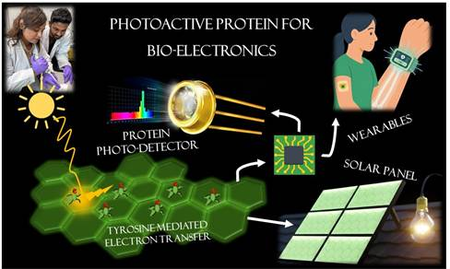
New Delhi, Dec 6 (IANS) During the festive season, nearly 54 per cent of consumers in India have been the victim of “too good to be true” scams, while 43 per cent have admitted having jumped onto such deals as soon as they see it, a new report revealed on Wednesday.
According to the global computer security software company McAfee, about 23 per cent indicated that they will provide their credit card/bank details to unknown merchants if they’re selling something they want at a good price.
Of these victims, 65 per cent said they have lost money as a result, with 81 per cent of them losing up to Rs 40,000.
“Cybercriminals are taking advantage of the rush for deals, and the hustle and bustle of life, and using AI to create fake sites, phishing emails, and tricky text messages, hoping you’ll take the bait and click on something unsafe,” said Roma Majumder, SVP of Product at McAfee.
The report surveyed more than 7,000 adults across seven countries, including India, to gain perspective on different facets of consumer online buying behaviour.
Moreover, the report also sheds light on consumer online shopping behaviour patterns. The findings revealed that Indians are shopping at their convenience, anywhere around the clock.
For instance, 59 per cent of Indians admitted to making an online purchase in bed late at night when they really should be asleep. About 37 per cent have shopped during work hours, 28 per cent during dinner, and even 10 per cent while in the toilet.
About 95 per cent of Indians believe that the use of artificial intelligence (AI) by cybercriminals will have an impact on the amount and types of online scams, making scams more convincing and deceptive.
Nearly 34 per cent find it difficult to tell what’s a real message versus a fake one, from a retailer or delivery service.
Due to this, 75 per cent of Indian consumers aim to up their guard and stay alert against deceptive messages due to the surge in AI scams, the report noted.
–IANS
shs/vd




